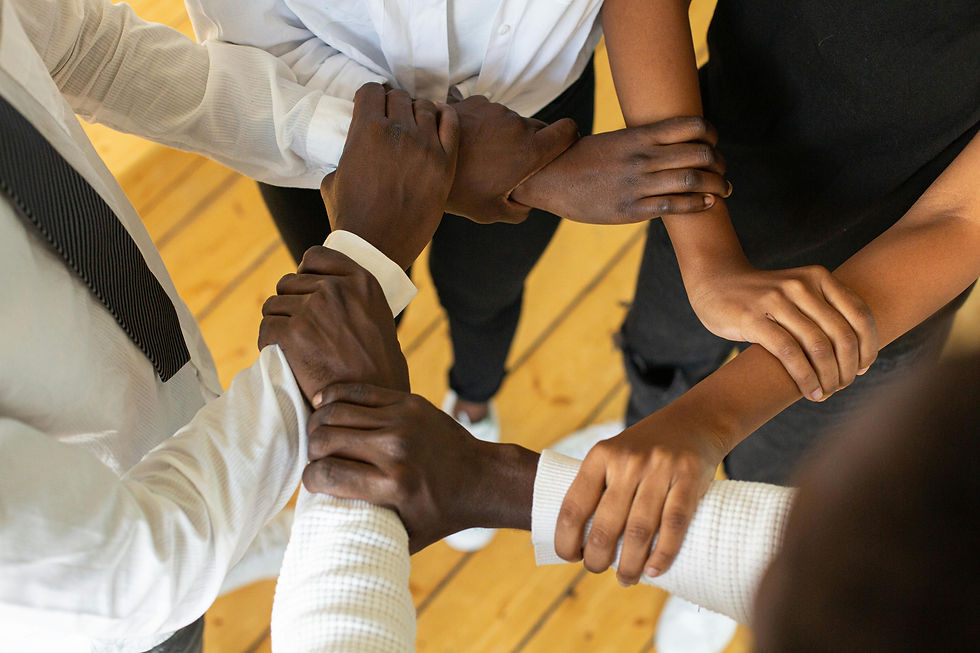Love Behind Bars
- Christy Perez

- Aug 22, 2023
- 3 min read
I was incarcerated in 2012 and would spend the next decade struggling for air. The prison walls enclosed me, stifling my spirit, but I never anticipated love would find its way through the cracks, like sunlight in a dimly lit cell. In those unexpected circumstances I met a kindred soul whose presence would help me redefine my existence, ignite my passion for writing, and unravel my essence.
As a trans woman navigating the complexities of prison life, I felt like a misfit in a world that refused to see my true identity. It was in this tumultuous landscape that I first crossed paths with Paul, a fellow prisoner whose gentle demeanor and understanding heart would change my life forever. I met him years prior in Georgia Diagnostic and Classification Prison (GDCP). I was the admin orderly for Unit 6. We had chemistry right away, but he was a new intake and would not be in the prison for long before passing on to his new "permanent" prison camp.
I, too, would soon be transferred and find myself at one of the most deadly, volatile, and close security prisons in Georgia. During that time, I would endure the usual staple of prison relationships: abusive, toxic, transactional and drug fogged—no different than most of my relationships throughout my life. My scarred childhood could be a PowerPoint on juvenile trauma for psych undergrads.
Following a mental health breakdown in 2018, I was transferred to a better regulated, safer prison where I unexpectedly encountered Paul again. It was soon clear that my previous assessments of him were correct: he possessed a rare authenticity and genuine care for others, and he was sincerely taken with me. Our fragile connection blossomed, forged in a cement and steel jungle.
I was mere months into my sobriety at this time, and Paul helped me through the difficult, first phase of recovery. He coped with my cravings and encouraged me to honor my decision. But he never made me feel ashamed about wanting to get high, and he it made clear that he would still love me and support me, even in failure.
His acceptance of my trans identity helped me embrace my authentic self, and it was the first time I felt truly validated as a woman, in defiance of a prison system designed to dehumanize and reject.
Paul encouraged me to pursue my education. He spent hours helping me with flashcards, mock exam questions from legal textbooks, and hearing my concerns, plans, and frustrations. He motivated and supported my desire to lose weight. He even went on the occasional fast with me, which was miserable for him.
We unraveled the tapestry of human emotions through our shared literary explorations, dissecting the nuance of love, pain, and redemption. The characters in the books we devoured became our companions, their journeys mirrored our own struggles and triumphs.
Additionally, Paul nurtured my passion to be a writer. He refuted my indecisiveness, and he enforced a zero-tolerance policy for me getting down on myself. Over time, he helped me see myself with positivity and grace. Our connection was a lifeline to my own strength and resilience. But, like all things in prison, the relationship couldn't last. Eventually, Paul was shipped to another facility. That's just the way it is in prison: you can lose anyone at any time.
Love behind bars is a paradox and incongruent with society's expectations, but I emerged from the shadows a trans woman with a voice, and a writer with a story to tell. Our love became a testament to the indomitable nature of the human spirit and the power of connection.










Comments